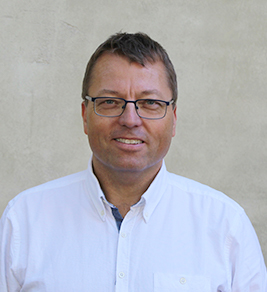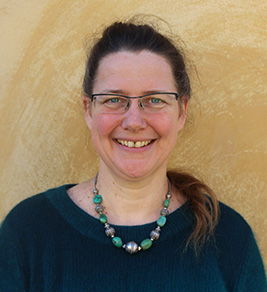The final chords of the Baltic maritime symphony have been played in Gothenburg on 10-12 December. The Pan Baltic Scope project partners from 12 planning authorities and organizations presented their outcome of the activities, collaboration and the progress of the national maritime spatial plans.
The 2014 European Union Directive on MSP emphasizes the need for coherent maritime spatial planning and aligned plans between independent states. To achieve this, the Pan Baltic Scope project brought together eight MSP planning authorities and three regional organisations in the Baltic Sea Region as part of the consortium. The project team was led by the Swedish Agency for Marine and Water Management (SwaM), the lead partner in the predecessor Baltic SCOPE project. Yet again, the Baltic Sea Region (BSR) has been a trailblazer in the promotion and development of pioneering collaborative MSP activities.
Nordregio was in charge of two activities:
- Drawing out the major lessons learned from the project activities and providing recommendations on how to bring better maritime spatial plans in the Baltic Sea Region. The final report includes factsheets that summarize tasks, achievements, enablers and challenges of different activities of the project.
- Developing of the land-sea interaction concept and exploring the potential of its application in MSP practices in the Baltic Sea region. The final report showcases stories, insights and lessons from countries at different stages of the MSP process, and to present challenges and enablers for effective LSI in a range of cross-border contexts, particularly encompassing the Gulf of Bothnia, Riga Bay and Germany.
Publications
The reports Nordregio was in charge of as well as all other reports will be available in print and as electronic versions.
- Lessons Learned in Cross-border Maritime Spatial Planning Experiences
- Lessons, stories and ideas on how to integrate Land-Sea Interactions into MSP
- Project Recommendations
- Scoping report
Reactions from Project Partners on our outputs
Partners from VASAB stressed that results of the LSI work package will be presented to VASAB CSPD/BSR (Committee for Spatial Planning and Development). Finnish partners stressed that their stakeholders “love the LSI concept” and discuss it vividly – “it is almost hard to bring them back to the sea!” Denmark stressed that the Danish Maritime Authority is particularly interested in LSI and will look at the report very carefully.
Regarding the Lessons Learned report, partners highlighted particularly the usefulness of the so-called Activity Fact Sheets with information about what the activity was about, its tasks, obstacles, enablers, achievements and outputs. We also heard that our previous Lessons Learned report was very important and intensively read by planners in the Canary Islands, Azores and Madeira.
About the project
The Pan Baltic Scope thus contributed to achieve more coherent national maritime spatial planning in the Baltic Sea Region and to build lasting macro-region mechanisms for cross-border cooperation and thus to support the successful implementation of the EU MSP Directive.
Follow-up Project?
A new project might make sense to review and evaluate the work done so far and to move to areas that were not yet tackled in detail. Among the menu of issues that should be dealt with are a systematic comparison of plans and planning styles in the BSR, placing MSP in a broader policy context. Tools to promote coherence and coordination across the land-sea boundary are needed as is data and monitoring through data tools, platforms etc. Nordregio is also engaged in teaching about MSP and hence developing MSP curricula for education of MSP planners would also be needed.






